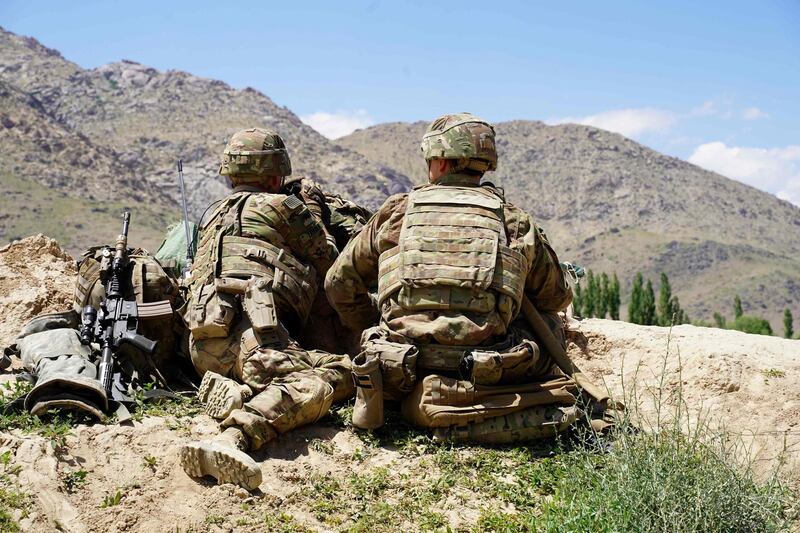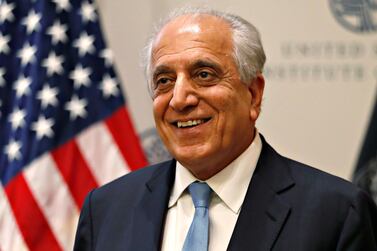Senior US officials insisted progress was being made in Afghanistan despite clear evidence that the war there had become unwinnable, a leak of thousands of American government documents shows.
The Washington Post reported the news on Monday, saying it had more than 2,000 pages of notes of interviews with top US military officers and diplomats, aid workers, Afghan officials and others who played a direct role in the 18-year war.
It said the documents contradicted previous public statements by US leaders, officials and military commanders saying they were making progress in the conflict.
Officials made optimistic announcements they knew not to be true, hiding evidence that the war could not be won, The Post claimed.
The documents are part of a "Lessons Learned" project by the Office of the Special Inspector General for Afghanistan Reconstruction.
They were obtained through Freedom of Information Act requests, which took three years to complete. The Post said the US government tried to protect the identities of the officials interviewed.
John Sopko, head of the federal agency that conducted the interviews, acknowledged that the documents show "the American people have constantly been lied to".
The publication also obtained hundreds of memos written by Donald Rumsfeld, who served as defence secretary under former US president George W Bush.
The US invaded Afghanistan after the September 2001 attacks on New York and Washington to eliminate the threat from Al Qaeda and topple the Taliban.
About 13,000 US troops remain in Afghanistan nearly 20 years later and the Taliban still pose a threat to the government there.
Talks between the US and Taliban resumed over the weekend, three months after President Donald Trump called them off in September after a bomb attack by the insurgents in Kabul killed at least a dozen people, including a US soldier.
Before those talks were called off, the two parties had reached an agreement that depended on a phased pull-out of US forces.
The talks in Doha will initially focus on a Taliban promise to reduce violence, with a permanent ceasefire being the eventual goal, the US said on Saturday.
"We were devoid of a fundamental understanding of Afghanistan. We didn't know what we were doing," Douglas Lute, a three-star general who served as the White House's Afghan war adviser under presidents Bush and Barack Obama, said in a 2015 interview.
"What are we trying to do here? We didn't have the foggiest notion of what we were undertaking."
Among those interviewed was former army general Michael Flynn, who briefly served as Mr Trump's national security adviser.
"From the ambassadors down to the low level, [they all say] we are doing a great job," Mr Flynn said that same year.
"Really? So if we are doing such a great job, why does it feel like we are losing?"
Senior US interviewed said there was no clear US strategy or objective in Afghanistan after rooting out Al Qaeda and toppling the Taliban.
"If there was ever a notion of mission creep it is Afghanistan," said Richard Boucher, who served as the State Department's top diplomat for South Asia, also in 2015 interview.
"We have to say good enough is good enough. That is why we are there 15 years later. We are trying to achieve the unachievable instead of achieving the achievable."
A US official who served as a liaison to Nato and was not identified in the documents also had questions about strategy.
"What were we actually doing in that country?" the official asked.
"What are our objectives? Nation-building? Women's rights? It was never fully clear in our own minds what the established goals and timelines were."








